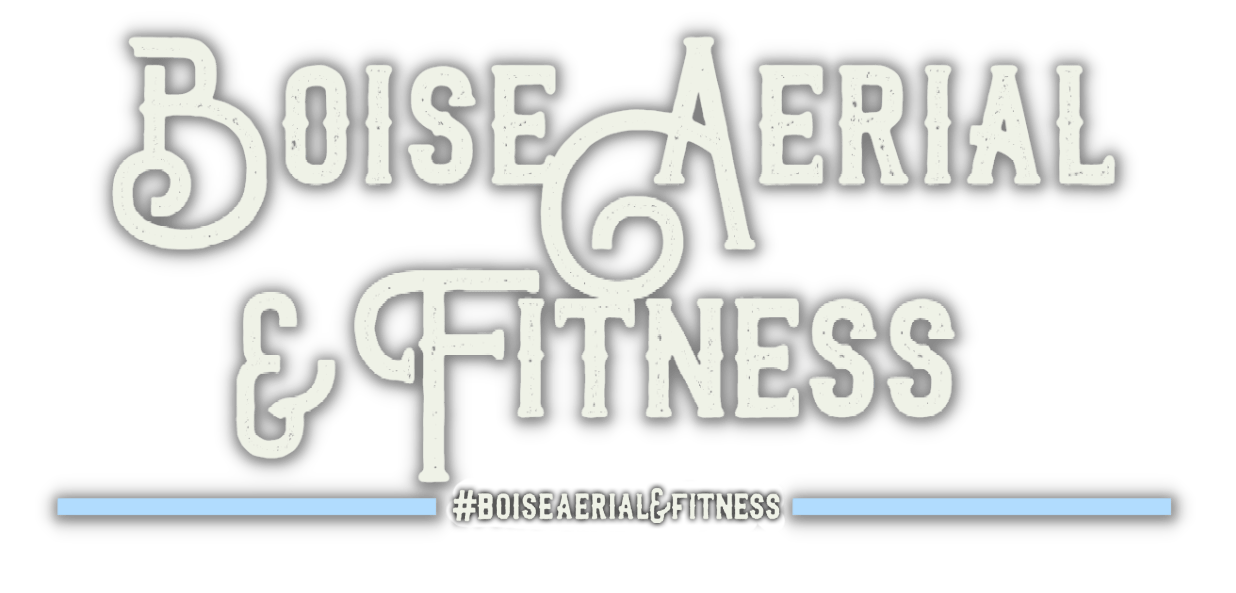
Boise Aerial & Fitness gives clients a wide variety of options to choose from to meet their training needs, from aerial yoga to dance fitness. Contact us today for more information! (208) 869-3496
Rebuilding Your Life: The Essential Role of Fitness in Addiction Recovery
Recovery from drug and alcohol addiction is a challenging and complex process. In addition to psychological and emotional support, physical fitness plays a vital role in facilitating recovery and maintaining long-term sobriety. Incorporating regular exercise into your daily routine can provide numerous benefits, including boosting mood-enhancing endorphins, improving cardiovascular health, reducing stress and anxiety, bolstering the immune system, and regulating sleep patterns.
In this article, Boise Aerial & Fitness explores how physical fitness can contribute to a successful recovery journey and how to incorporate it into your schedule.
Endorphins Offer Mood-Boosting Benefits
Exercise stimulates the release of mood-boosting endorphins, which are natural chemicals that help alleviate pain and promote feelings of well-being. In the context of addiction recovery, these endorphins can play a crucial role in combating depression, anxiety, and other negative emotions that often accompany withdrawal and the early stages of sobriety. Furthermore, engaging in regular physical activity can help replace the temporary highs associated with substance use, providing a healthier and more sustainable source of pleasure.
Improved Cardiovascular Health
Substance abuse often takes a heavy toll on the heart and circulatory system, leading to an increased risk of heart disease, stroke, and other cardiovascular issues. Incorporating regular aerobic exercise into your recovery plan can help improve cardiovascular health and reduce these risks. Activities such as brisk walking, swimming, cycling, or jogging can strengthen the heart and lungs, improve blood flow, and lower blood pressure, contributing to overall physical well-being and supporting the body's healing process.
Stress and Anxiety Reduction
Stress and anxiety are common triggers for substance use and relapse, making stress management an essential component of addiction recovery. Healthline points out that regular physical activity can help reduce stress and anxiety by promoting relaxation, improving mental clarity, and providing a healthy outlet for coping with difficult emotions. Additionally, exercise can enhance self-esteem and self-confidence, further contributing to emotional resilience and a more positive outlook on life.
Stronger Immune System
Substance abuse can compromise the immune system, leaving individuals more susceptible to infections and illnesses. Regular physical activity can help strengthen the immune system by promoting circulation, reducing inflammation, and supporting the body's natural defense mechanisms. This increased immunity not only aids in overall health but can also contribute to a stronger foundation for recovery and long-term sobriety.
Fitting Exercise into Your Schedule
Even if you are unable to commit to a full workout routine, Shape.com notes that there are still ways to incorporate physical activity into your schedule. Simple changes, such as taking the stairs instead of the elevator or going for a short walk during breaks, can provide valuable health benefits and support your recovery journey. As you become more comfortable with regular exercise, you may find it easier to incorporate longer workouts and more strenuous activities into your routine.
Increased Energy Levels
Substance abuse can often result in chronic fatigue, making it difficult to maintain an active and fulfilling lifestyle. Regular physical activity can help increase energy levels by improving cardiovascular efficiency, increasing muscle strength, and enhancing overall stamina. This increased energy can support your recovery journey by making it easier to participate in positive activities, engage in social interactions, and maintain a consistent daily routine.
Sleep Pattern Regulation
Sleep disturbances are common during addiction recovery, and poor sleep quality can hinder the healing process. Regular exercise can help regulate sleep patterns by promoting relaxation, reducing stress and anxiety, and supporting the body's natural sleep-wake cycle. Establishing a consistent workout routine can lead to improved sleep quality and duration, providing the restorative rest necessary for physical and emotional well-being.
Dealing With a Relapse and Finding the Right Rehab Center
In the event of a relapse, it is crucial to seek help and find a rehab center that meets your needs. Many treatment facilities recognize the importance of physical fitness in addiction recovery and offer programs that incorporate exercise, nutrition, and overall wellness into their treatment plans.
Researching local drug rehab options in Boise that prioritize physical fitness can help ensure a well-rounded approach to recovery and long-term sobriety. If cost is a concern, you may be able to find centers that accept Medicare or that offer sliding fee scales for payment. Be sure that the facility you choose is licensed and accredited. By focusing on facilities close to you, you'll be better equipped to maintain a support network and continue your journey towards a healthy and balanced life.
Physical fitness is an essential tool in the recovery from drug and alcohol addiction. By incorporating regular exercise into your daily routine, you can experience numerous benefits that support your physical, emotional, and mental well-being. Whether you are just beginning your journey or have experienced a relapse and are reentering a rehab center, prioritizing physical fitness can help facilitate recovery and contribute to lasting sobriety.
